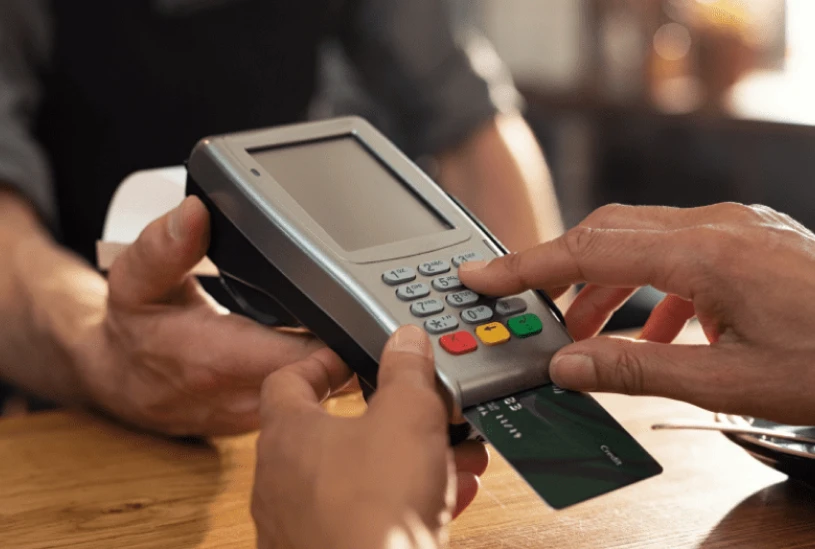Everyone hates disputes, also known as “chargebacks”. They cost both time and money, and many of us don’t even really understand how they work or why they are happening until we are stuck with one. While someone could, and probably has, written a book on this topic, we’re going to go with a direct-to-the-point overview showing why disputes happen, how the dispute process works, and talk a little bit about a relatively new phenomenon called “friendly fraud.”
Why Disputes Happen
Disputes can occur when a client sees a charge on their account that they don’t recognize, don’t understand, or that they didn’t make. They can also happen because of a double charge, dissatisfaction with services or products rendered, or even because they changed their mind. Some of these dispute reasons will be valid, but some will also be invalid. It is solely up to the merchant to show proof of the validity of a charge.
Disputes were originally created to protect cardholders against predatory merchants. The cardholder could contact their card issuer or bank about fraudulent or dishonest charges to their account, and then the bank would investigate on their behalf. Unfortunately, the process doesn’t seem to have changed much since its implementation, and some cardholders have learned that they can use the dispute process to their advantage. After all, contacting your bank to dispute a charge is often far easier than trying to get a refund. One study found that 58% of cardholders go directly to their bank with purchase issues and do not contact the merchant at all. Yikes!
There has been a steady increase of clients purchasing items online, and then filing a dispute after receiving the goods or services as described— you know, a normal, honest transaction. This is known as “friendly fraud.” It’s hard to say if these clients are using disputes in lieu of a traditional refund, or if these are outright dishonest or malicious tactics; although one study found that 81% of customers have admitted using a chargeback simply because of convenience, and an estimated 49% of instances of friendly fraud were misunderstandings and clients were unaware that they were creating a dispute. Regardless of motives, friendly fraud has seen a 41% increase in the past two years alone.
How the Dispute Process Works
It’s pretty clear that if you accept credit cards, you’ll likely have to deal with disputes at some point. The process itself isn’t simple, and also varies by credit card issuer. The general process is the same, however.
It is very important to note that payment processors only act as an intermediary. They may hold funds until a judgment is made by the card issuer and pass along evidence to the card issuer, but they do not make the disputes, nor can they make any judgments on the dispute. That is the sole responsibility of the credit card issuers: American Express, Visa, Mastercard, Discover, etc.
First, the card holder must file a dispute. You, the merchant, will be notified of the dispute and have the opportunity to either accept the dispute or submit evidence against the dispute. The transaction amount will be removed from your account and held by either the bank or the payment processor until a decision of fault has been made by the card issuer or bank. If you win the dispute, the funds will be released back to you; if you lose the dispute, the funds are released to the client.
Credit card companies and banks want to keep their clients, so they almost always side with the client. Fair or not, it’s actually quite rare for businesses to win disputes. Your best bet is to avoid them (more on that below), and/or reach out to the client directly and ask them to retract the dispute.
Always respond to disputes— and do so quickly. If you take too long to respond, or do not respond at all, you will automatically lose the dispute and funds will be released to the card holder.
Be Proactive
Given that disputes are on the rise, it’s likely that you’ll encounter them with more frequency as the years go by. As mentioned, it’s also extremely uncommon to win disputes, as companies prefer to side with their own clients.
Luckily, there are some things you can do to avoid disputes— and to help you during the process when they do occur. Read our guide here to learn more on how to help guard your company against disputes and friendly fraud, and how Goodshuffle Pro can help. Simple changes to documentation, standard operating procedures, and contracts can go a long way in getting ahead of many disputes before they happen. Don’t wait until a dispute happens to you— protect your company today!






